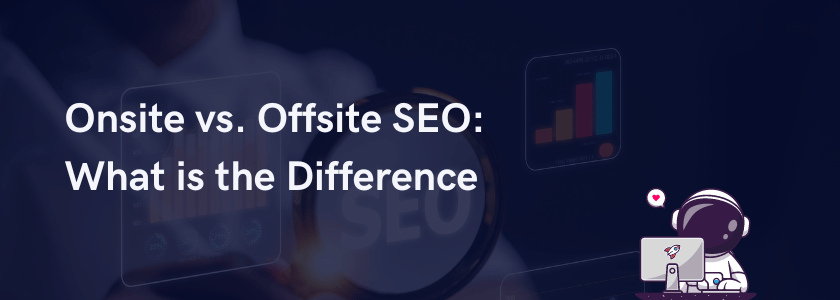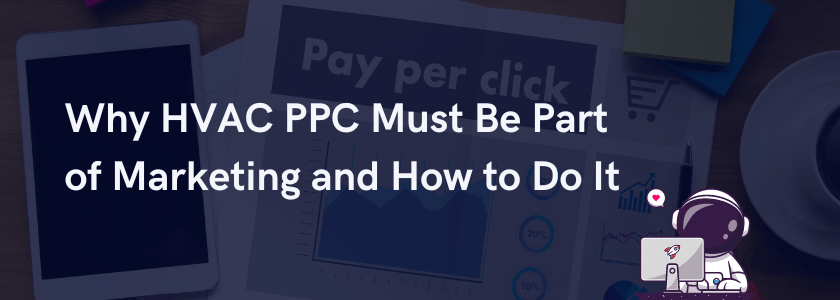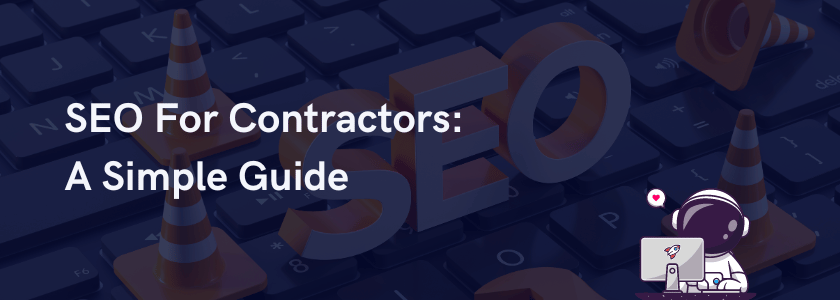Any search engine optimization (SEO) campaign must incorporate both onsite and offsite SEO strategies to succeed. But what do the terms onsite and offsite mean? This article will define onsite vs. offsite SEO, discuss their main differences, and determine if one is more important than the other.
As a business owner or digital entrepreneur, you’re very aware that SEO is critical for reaching your target audience and attracting a large amount of targeted traffic to your website.
Overall, SEO services can get complicated with SEO guidelines that change on an almost daily basis. Still, it’s worth knowing more about gaining an edge against your competitors.
For starters, it’s essential to know that SEO can be broadly split into two main categories — onsite vs. offsite SEO.
What is Onsite SEO?
Onsite or on-page SEO involves optimizing individual web pages to improve search engine rankings and generate more relevant traffic. Onsite refers to a web page’s content and its HTML source code that you can optimize.
Between the two, it’s easier to wrap your head around onsite SEO since it involves all aspects of your site you have complete control over. Some examples of on-page SEO include creating relevant header titles and filling your site with high-quality, keyword-optimized content.
Why is Onsite SEO Important?
Search engines, such as Google, look at your page content to determine whether it’s a relevant result for a particular search query. Although keyword research is an integral part of this process, there’s much more to SEO than simply including keywords in your content.
By design, Google’s algorithms look for the most relevant search result for a query, so having relevant content on your page is crucial. If your page is about flowers and you don’t mention specific varieties, Google knows there are probably more relevant results out there.
It becomes easier for search engines to index individual pages on your site through onsite SEO and understand what the content is all about. Remember that relevance is an all-too-important factor of onsite SEO that you need to figure out to ensure a competitive ranking for your website.
What are the Essential Elements of Onsite SEO?
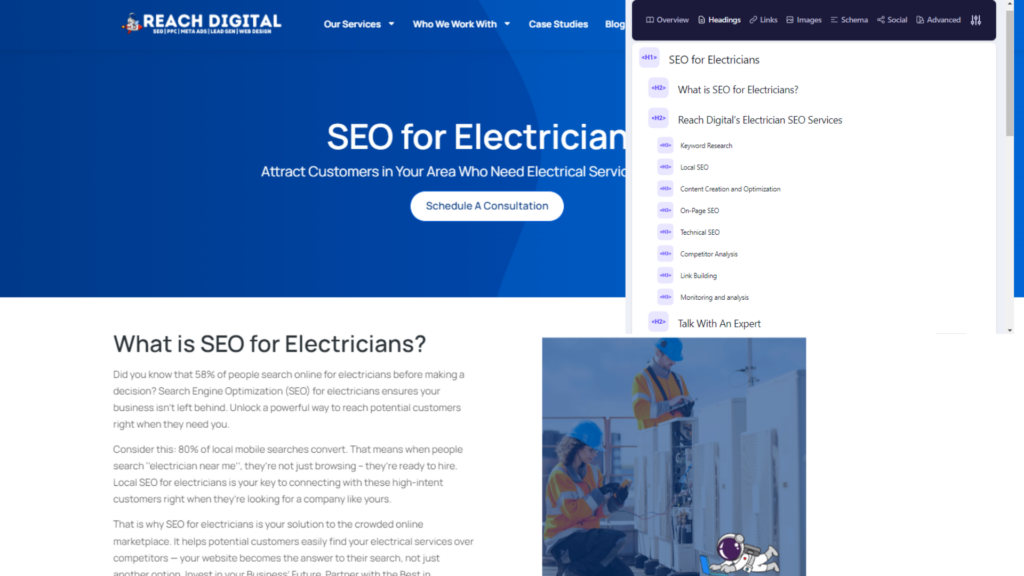
Page Title and Meta Description
The page title and meta description are what end-users see in search results. Hence, it’s critical to ensure they’re correct and convey what the page is about to both the user and search engine.
Title tags should be no more than 60 characters long and should include your targeted keywords. Meanwhile, meta descriptions should be no more than 160 characters and clear enough to understand better what’s on the website.
While they don’t impact rankings directly and search engines don’t include them in their algorithms, they remain a significant part of onsite SEO by encouraging higher click-through rates.
Header Tags
Another element that isn’t as important to rankings, unlike before, is header tags. However, like meta descriptions, they are still essential to basic SEO since they provide context to search engines and make page content easier to read.
Alt Text on Images
It is necessary to use alt text for all graphics on your website. Doing this ensures that users who are unable to view the image get a similar experience. Image alt text is commonly used to meet the requirements of website accessibility.
Content Quality
Keyword stuffing and other decidedly old-school tactics are no longer effective in making your page rank high on Google. Nowadays, search engines only want pages that contain high-quality, useful content.
So. what are the things that make a particular content high quality?
While there are no set guidelines, you should aim for at least 500 words of useful and meaningful content based on your keywords. Make sure to avoid including more keywords than necessary, and the content should be unique for each page. As a rule of thumb when creating content, write for people first, then for search engines.
Anchor text
Anchor text is the clickable text of a hyperlink that aids search engines in determining what your content is about and indexing your pages. You need to ensure that the anchor text is relevant to the page you’re linking.
Like content writing, there are no specific rules around anchor text, but an excellent guideline to remember is to have 1-3 links to relevant content on each page.
User experience
Providing a remarkable user experience is becoming an increasingly important feature of onsite SEO. At the minimum, you should have a website that loads quickly, adheres to accessibility feature requirements, and is mobile-friendly.
What is Offsite SEO?
Offsite SEO refers to the activities and processes you do outside of your website. Its primary objective is to boost your site’s credibility, trustworthiness, and authority in the eyes of search engines. You can achieve this goal by acquiring backlinks or promotions from relevant, high-authority websites.
Why is Offsite SEO Important?
Off-page SEO provides tremendous value by informing search engines that your website is relevant to other people online. Think of it this way, every link you receive serves as an endorsement of your website’s quality.
Offsite SEO lets external sources act as tie-breakers in case your website shares the same quality of on-page SEO with another. This allows search engines to determine the best way to rank websites in their results pages (SERPs).
How to Get External Links?
There are different ways in which you can build up external links. Some of the surefire ways to accomplish this task include:
Accepting Guest Posts
When you allow others to post on your blog, they will naturally mention the post on their blog and social media, providing you with high-quality links. Just make certain that you’ll only accept high-quality content.
Social Media Mentions
Search engines are happy when someone tweets something they deem interesting from your site or shares it as a link on Facebook. Pick two to three social media platforms to include in your ongoing marketing efforts.
Press Release Creation
Send out a press release each time you add something exciting to your website. Each news source that opts to publish your press release will provide a link back to your website.
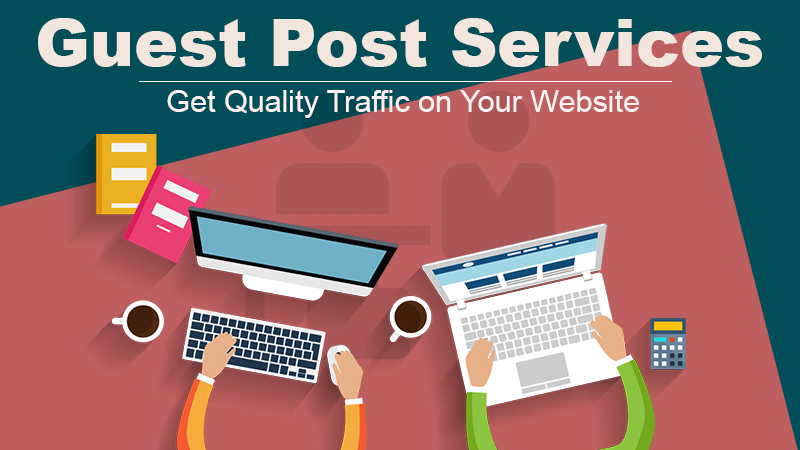
Onsite vs. Offsite SEO: Which is More Important?
If you’re currently wondering whether to focus on onsite or offsite SEO, note that both are essential elements of your overall optimization strategy. You can look at onsite SEO as the foundation for your SEO house, while offsite is the roof.
Hence, the best thing to do is develop a balanced SEO strategy that incorporates both on-page and off-page SEO techniques, which you can rely on in the long term.


